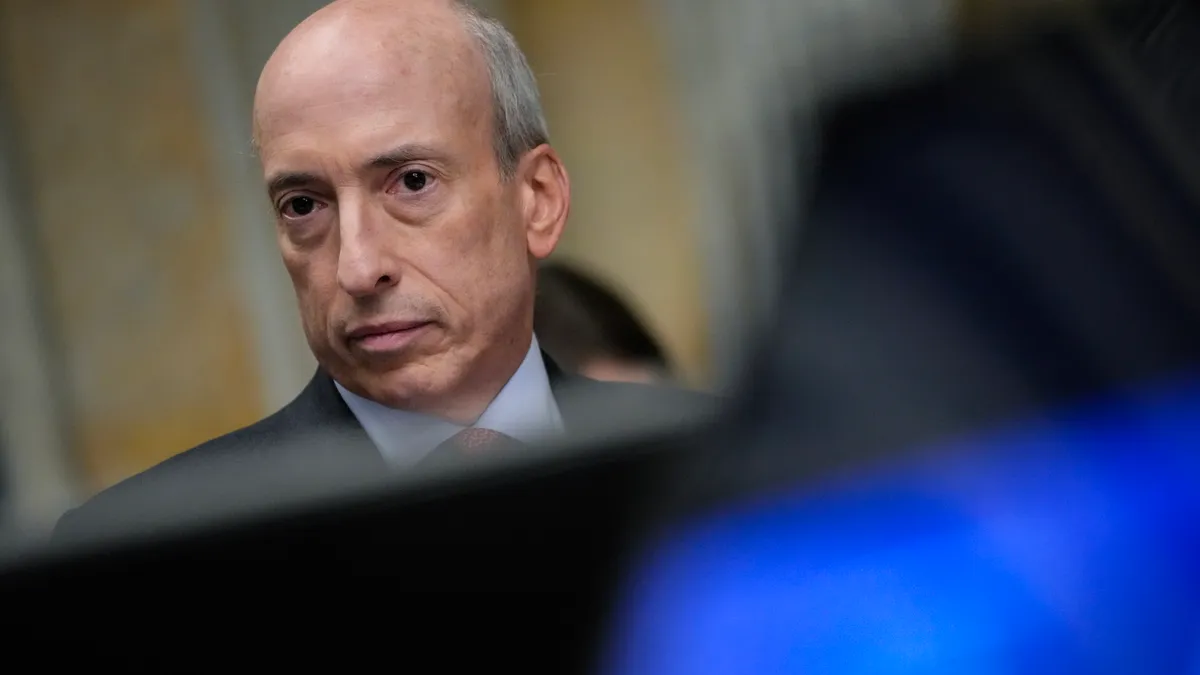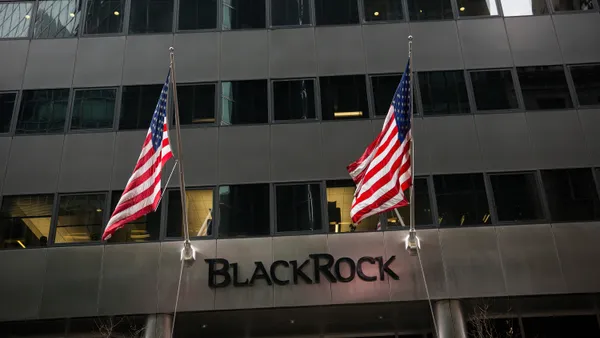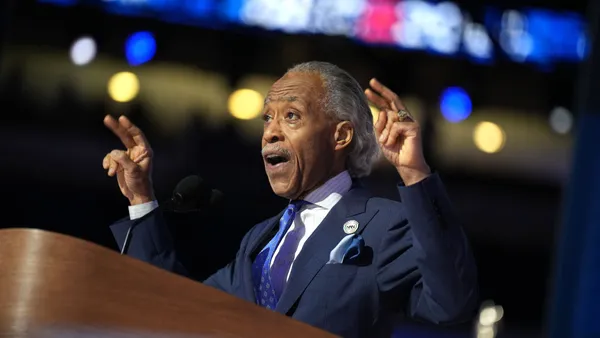Dive Brief:
- Securities and Exchange Commission Chair Gary Gensler will leave the agency on Jan. 20 after nearly three years advancing aggressive enforcement and robust rulemaking in fields ranging from corporate disclosure and Treasury markets to audits and private equity.
- “The SEC has met our mission and enforced the law without fear or favor,” Gensler said Thursday in a statement included in an agency announcement of his planned departure. “The staff and the commission are deeply mission-driven, focused on protecting investors, facilitating capital formation and ensuring that the markets work for investors and issuers alike.”
- Gensler’s departure date coincides with the scheduled inauguration of Donald Trump to a second term as president. Trump and Republican lawmakers for months have criticized the SEC leader for tough oversight, including the agency’s approach toward crypto companies and enforcement of securities laws.
Dive Insight:
In one of his most widely criticized moves, Gensler gained SEC approval this year for a regulation requiring companies to disclose the impact of climate change on their finances, operations and business strategy.
While promoting the regulation, Gensler frequently cited requests from institutional and retail investors for consistency and uniformity of climate risk disclosure.
In the face of legal challenges — as well as criticism from Republican lawmakers and industry groups — the SEC blunted some requirements of its initial proposal rule and put the regulation on hold pending the outcome of litigation.
Additionally, in one of its most far-reaching changes under Gensler, the SEC adopted rules last year aimed at channeling more trading of Treasury securities into central clearinghouses and curbing the risk of illiquidity. The agency also reduced broker-dealer exemptions from national securities association registration.
The $28-trillion U.S. Treasury market is the world’s largest for fixed-income securities.
The SEC also adopted rules sharpening disclosure of cybersecurity risks and requiring broker-dealers and investment advisors to notify customers of data breaches that may compromise personal information.
Soon after assuming leadership of the SEC in April 2021, Gensler shook up the Public Company Accounting Oversight Board. The commission appointed a new chair to the board and Gensler called for tougher oversight of the accounting firms that audit the books of publicly traded companies.
Since then, the PCAOB has updated 18 auditing standards that were adopted on an interim basis when the board was created two decades ago, according to the announcement.
The board also negotiated a settlement with Beijing allowing the board, for the first time, to investigate auditors of China-related companies listed in the U.S. The PCAOB now reviews the work of audit firms based in Hong Kong and mainland China.
The commission in June appointed Erica Williams to a second term as PCAOB chair, running until October 2029.
Under Gensler’s leadership, the SEC’s Enforcement Division filed more than 2,700 enforcement actions and secured roughly $21 billion in penalties and disgorgement orders. It returned more than $2.7 billion to harmed investors between fiscal years 2021 and 2024, the agency said.
Gensler was especially vocal about risks in crypto markets and the need for safeguards for investors.
During the last full fiscal year, 18% of tips, complaints and referrals to the SEC were related to crypto even though such markets make up less than 1% of U.S. capital markets, the agency said.
“It has been an honor to serve with Chair Gensler,” SEC Commissioner Jaime Lizárraga said Thursday in a statement. “He advanced an agenda that strengthened investor protections and the resiliency of our capital markets.”
Before leading the SEC, Gensler served as chair of the Commodity Futures Trading Commission from 2009 until 2014.













